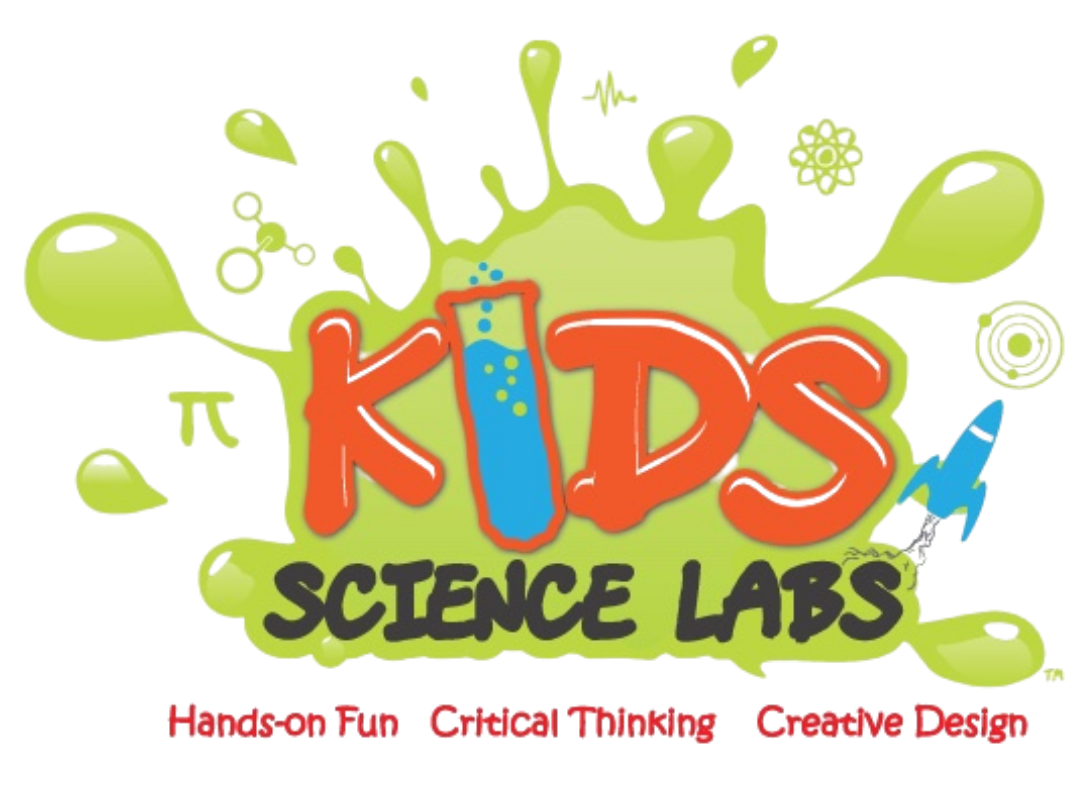A Parent's Guide to Understanding the Illinois Science Assessment
What is the Illinois Science Assessment? A Parent's Guide
The Illinois Science Assessment (ISA) is an online test that assesses how well students in grades 5 and 8 understand science concepts. The test is based on the Illinois Learning Standards for Science, which include the Next Generation Science Standards (NGSS). It’s designed to evaluate students’ abilities in scientific inquiry, understanding of physical sciences, life sciences, and earth sciences. This test is part of federal requirements to ensure that students are learning necessary scientific concepts as they progress through school.
How Many Questions Are on the Illinois Science Assessment?
The Illinois Science Assessment (ISA) typically consists of a series of multiple-choice questions, along with interactive tasks. In recent years, including 2023=2025 the ISA has offered three sections of 32 questions each, comprised of 30 multiple choice questions, and two (2) interactive evidentiary response questions that require written answers. The exact number of questions can vary slightly, but the test is designed to assess a range of scientific knowledge in a format that’s both manageable and effective in testing students’ understanding. Students will have ample time to answer all questions within the designated testing window.
The ISA is scored between 700-900, with each individual child and school being assessed one of four levels of competency [ Exemplary, Proficient, Developing, Emerging] based on their scaled assessment scores.
How Should Students Prepare for the Illinois Science Assessment?
Preparation for the Illinois Science Assessment should focus on reviewing key science concepts and practicing critical thinking. Students can benefit from studying topics like physical science, life science, and earth science in accordance with the NGSS guidelines. Teachers often provide practice materials, and parents can help by encouraging students to review their science notes, engage in hands-on experiments at home, or use online resources to familiarize themselves with the test format.
The following are the three primary areas of science, covered by the 2022=2025 ISA:
Physical Science - Science that covers the non-living world (i.e. physics). Students will develop an understanding of matter, motion and stability, energy, waves.
Earth and Space Science - Students will develop an understanding of Earth's place in the universe, Earth's systems, and Earth and human activity.
Life Science - Students will develop an understanding of molecules to organisms, ecosystems, heredity, and biological evolution.
Each section is approximately 45 minutes in length and it is important to note that the 5th grade test covers everything (ALL SCIENCE) K-5th Grade, and the 8th grade test covers everything in middle school (6-8th) grade.
Top 3 Tips for Parents of Kids Taking the Illinois Science Assessment
Many parents are not aware of when the test occurs, so you should know that the illinois Science Assessment is typically given to all 5th, 8th, and 11th grade students between March - April of each year. Here are a few tips from the experts at Kids Science Labs on simple ways to help your child.
Encourage Hands-on Learning: The more students can connect theory to practice, the better prepared they will be. Encourage activities like conducting simple science experiments or going on nature walks to observe science in action. You have been in science class, so you know, its not often easy to fully appreciate earth science or physical science without conducting the experiment for yourself. Places like Kids Science Labs offers help to parents anywhere in the country.
Familiarize with Test Format: Look for practice tests or sample questions. The Illinois Science Assessment is interactive, and understanding how to engage with these types of questions can make the experience less intimidating.
Stay Positive and Supportive: Help your child stay calm and confident by offering support, practicing good study habits, and reminding them that the test is just one part of their learning journey. Positive reinforcement goes a long way in reducing test anxiety.
What Are NGSS?
The Next Generation Science Standards (NGSS) are a set of K-12 science standards designed to provide students with a deeper understanding of scientific concepts. These standards focus on critical thinking and application rather than rote memorization. The Illinois Science Assessment is aligned with the NGSS, ensuring that students are assessed on a modern, relevant science curriculum. NGSS
How Attending Kids Science Labs Class and Summer Camps Can Help Build Confidence for the Illinois Science Assessment
Kids Science Labs classes and summer camps are fantastic ways to help your child build the confidence needed for the Illinois Science Assessment. Through hands-on activities and real-world scientific experiments, kids engage with science in a fun and educational way. These programs are designed to reinforce the very concepts tested in the Illinois Science Assessment while also making science enjoyable. By attending these classes, your child will develop a stronger foundation in science, boosting their confidence and performance when it's time to take the test.
Kids Science Labs PowerScience Curriculum explicitly offers hands-on science experiences (lab) to supplement hands-on science learning in the classroom.
For more information and full details on the Illinois Science Assessment Click here:

